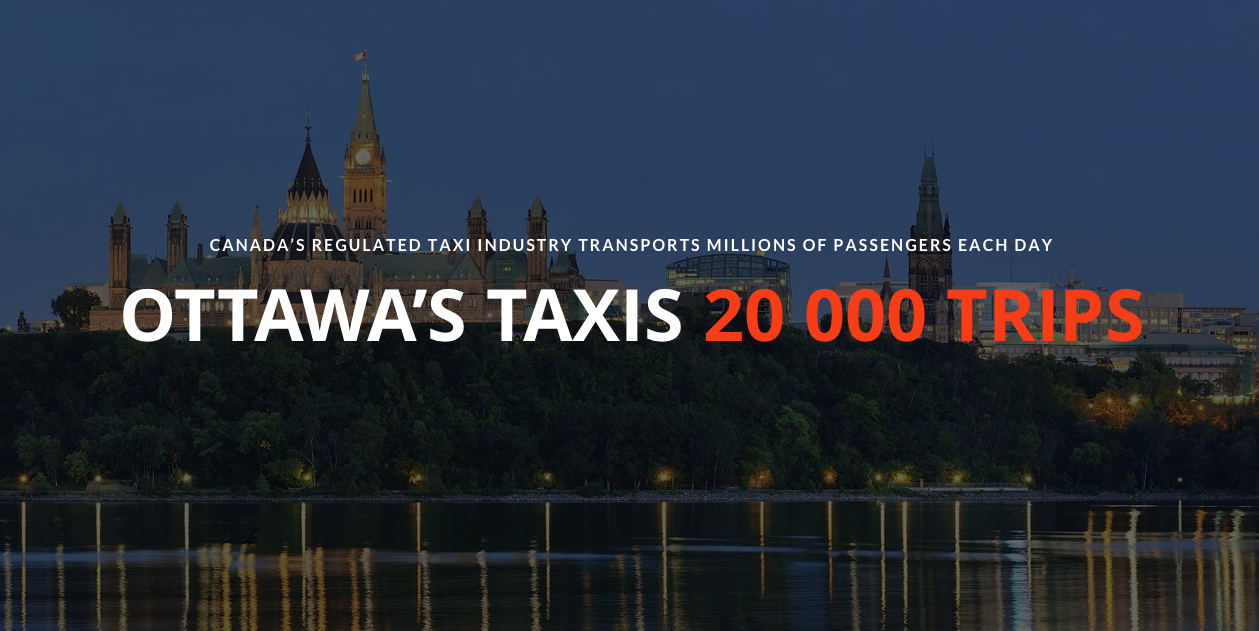Major taxi companies across Canada have joined forces to launch a PR campaign against unregulated taxi services like Uber.
The campaign, developed by Ottawa-based PR firm Thornley Fallis Communications, kicked off with print ads in the Globe and Mail and La Presse. The ads, in the form of an open letter, explain how only a regulated taxi industry can provide safe and reliable service.
“It’s not just Uber — there are other unlicensed taxis out there and regulated taxis are safe for the customers, the communities and the drivers,” said Carolyn Bauer, general manager at Yellow Cab in Vancouver and spokesperson for the Canadian Taxicab Operators. The group represents taxi owners in Montreal, Ottawa, Toronto, Calgary, Edmonton and Vancouver.
According to the group, unregulated car-for-hire services use apps to pair untrained, unlicensed and uninsured drivers with paying customers. The companies are “setting up in major Canadian cities ignoring municipal laws, regulations and insurance requirements and are putting the safety and security of passengers, drives and others in the community at risk.”
The campaign also includes the website TaxiTruths.ca, which highlights the benefits of a regulated taxi industry and includes links to recent articles on Uber.
“The campaign strategy is basically we want to engage Canadians in a conversation about the merits of regulation in the taxi industry,” said Sherrilynne Starkie, VP, content marketing & social media at Thornley Fallis. “[We thought] if we were going to start a conversation, we should send direct communications to our customers… and the print ads really gave it a hard news hook.”
Though the open letter doesn’t name Uber specifically, the U.S.-based company is said to be expanding its UberX service in major Canadian cities. Unlike Uber’s traditional service, which requires drives to be licensed cabbies, UberX drivers can by anyone over 21 with personal auto insurance and a well-maintained four-door sedan. Uber maintains it’s a technology company, not a taxi service, so it doesn’t fit into a taxi regulatory framework.











